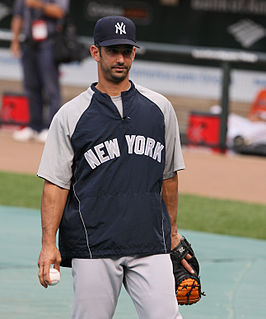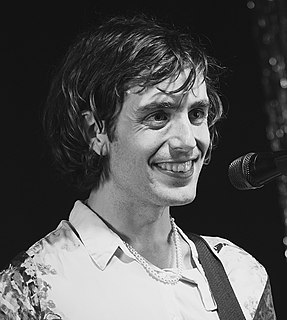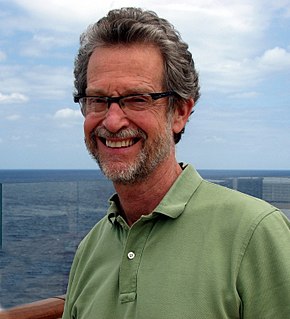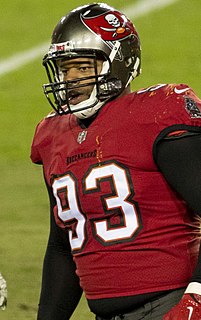A Quote by Deb Caletti
To be a writer is to connect and to play and to attempt to see clearly and understand. It astounds me regularly that feeling things deeply and writing them down is basically my job description.
Related Quotes
If a writer of prose knows enough about what he is writing about he may omit things that he knows and the reader, if the writer is writing truly enough, will have a feeling of those things as strongly as though the writer had stated them. The dignity of movement of an iceberg is due to only one-eighth of it being above water. A writer who omits things because he does not know them only makes hollow places in his writing.
I love that "furious and gorgeous barrage." That helps me see the relation between the introduction and the book's final section, where writing about a fire (and about the attempt to understand the event), also becomes an attempt to understand how writing might get closer to the fire, in so many ways.
I cannot find any patience for those people who believe that you start writing when you sit down at your desk and pick up your pen and finish writing when you put down your pen again; a writer is always writing, seeing everything through a thin mist of words, fitting swift little descriptions to everything he sees, always noticing. Just as I believe that a painter cannot sit down to his morning coffee without noticing what color it is, so a writer cannot see an odd little gesture without putting a verbal description to it, and ought never to let a moment go by undescribed.
You have to understand what they (pitchers) do. That's my job. You have to find a way to get them
through the game if they're not feeling good. When everything is going good and
they're feeling one-hundred percent, it's my job to keep them that way. And you know what? If I see something, I'm going to let them know.
When Robert Bly visited Interlochen Center for the Arts so many years ago, he spoke to the creative writing majors and said, "The eye reports to the brain, but the ear reports to the heart." Perhaps this is the thing that musicians can do that writers can't ever, quite, but it is what I aspire to, that sense/power of the auditory, and the belief that to hear more clearly is to see more clearly, and that to see more clearly is to feel more deeply.
Your job description as a journalist is to question and scrutinize critically-neve r to repeat claims uncritically, no matter how highly placed the sources in the bureaucracy. Don't ever forget that. You're a damn good writer, but that talent is completely worthless if you forget your job description.
If I've got Writer's Block it generally means that I don't have that much to say or something's not quite connecting. I have had Writer's Block a bunch of times and it's generally because I'm not able to write down what I'm feeling basically. Mostly, I just need to be alone really, or be with someone who can bring that out of me.
I'm working on a number of different things. I'm working on a couple of TV things and I'm working on a couple of film things too, and they're all very early stages. One of them I'm writing myself, one of them I'm writing with somebody else, and one of them I'm supervising a writer, and they're all sort of coming up at the same time and it'll be interesting to see which one kind of reveals itself first and jumps ahead.
Being a fiction writer is really like being an actor, because if you're going to write convincingly it has to sound right and play right. The only way that works is to emotionally and technically act out and see the scene you're in. There's no better job in the world, because when I sit down at that computer I'm the world's best forensics expert, if that's what I'm writing about that day. Or I'm some crazed psycho running down a dark alley. Or I'm a gorgeous woman looking to find a man that night. Whatever! But I'm all of those things, every day. How can you beat that?
The writer is a person who is standing apart, like the cheese in 'The Farmer in the Dell' standing there alone but deciding to take a few notes. You’re outside, but you can see things up close through your binoculars. Your job is to present clearly your viewpoint, your line of vision. Your job is to see people as they really are, and to do this, you have to know who you are in the most compassionate possible sense. Then you can recognize others.






































